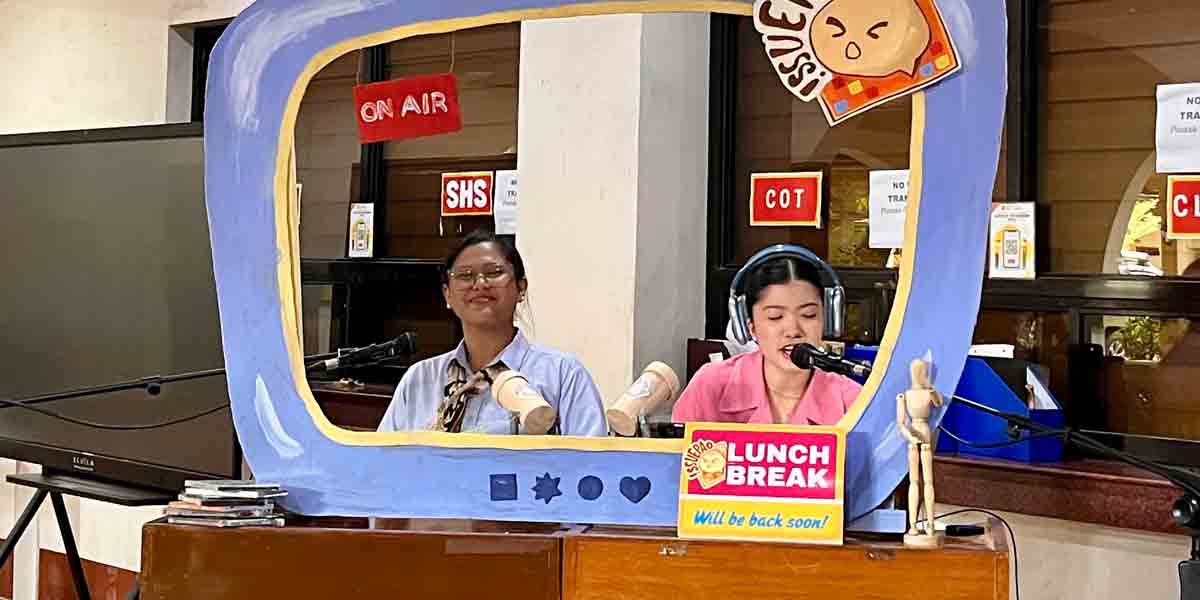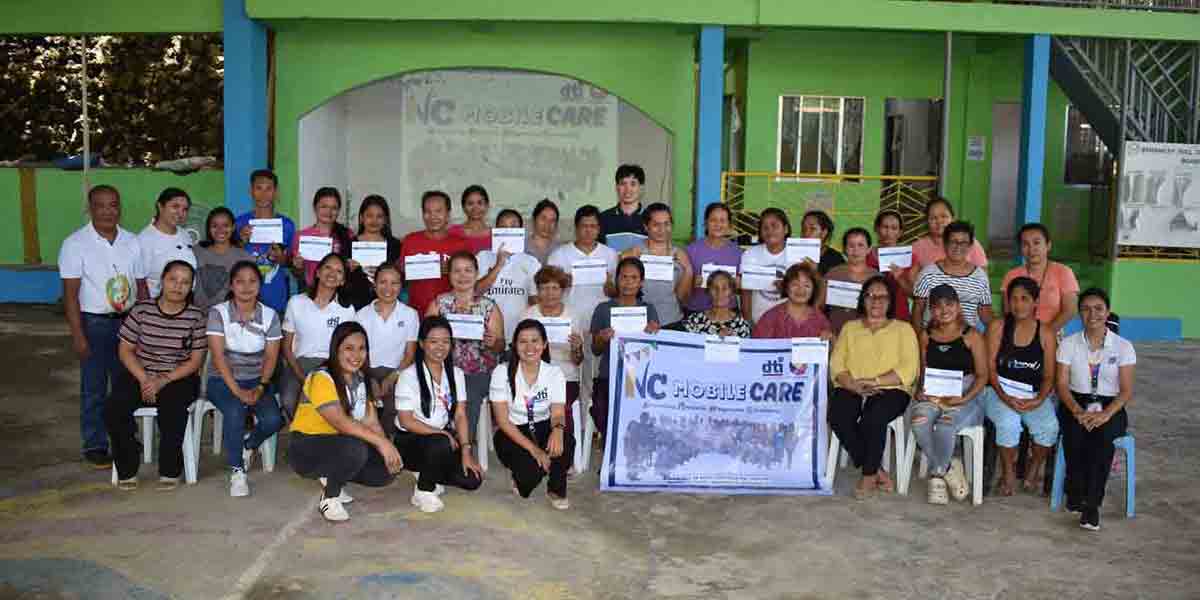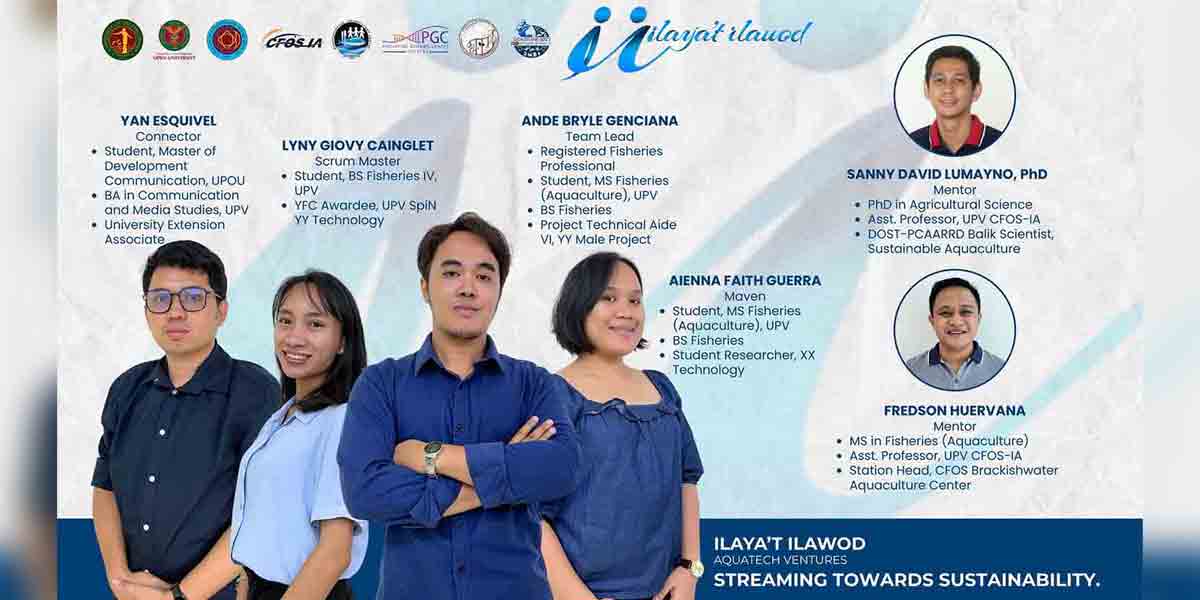PLDT and Smart cited certain “inaccuracies” in the PCIJ report by Neil Jayson Servallos entitled, “Kids in secret rooms: Why purveyors of online child sex abuse are difficult to catch”.
In a letter dated June 18, 2021, Cathy Yap-Yang, FVP & Group Head for Corporate Communications of PLDT and Smart, raised some issues on the story:
- Angel Redoble’s quote has been taken out of context. Mr. Redoble has provided three very important reasons why the particular provision on Section 9 of RA 9775 (and not Section 9 of the Data Privacy Act as written on the article) is impossible to follow that were left out in the article:
a. PLDT and Smart do not inspect every photo or video that is being accessed by subscribers;
b. doing so violates privacy laws;
c. as an internet service provider, PLDT and Smart act as a pass-through infrastructure and is prohibited by law to look into nor store users’ content.
Enclosed a portion of the transcript of recording for better appreciation:
SERVALLOS: But I think the interpretation of the DOJ is somewhat different kasi when I talked to the DOJ – Cybercrime they’re saying that… I think what they’re expecting is somewhat an automatic blocking mechanism like when they detect imagery from the IP address or web host, the telco… I mean the ISP is going to automatically block it. I think that’s what they’re expecting.
REDOBLE: Well, I will have to understand better that position because from the perspective of where… in our… from where we are coming from as a telco operator, that’s very sophisticated. I don’t think it’s doable because number one, we are not really inspecting every photo and every video that is being accessed by our subscribers. Number two, that is in violation of privacy laws. Number three, we are just a pass-through, we are a telco. If you are familiar with the seven OSI layers – application, session, transport, network, IP – we do not operate on the layer seven, six, and five. We only operate on the network layer which is the IP. That is why we are only able to provide information about IPs, IP headers. We are not able to provide information about, for example, [unfamiliar word] if you are using PLDT, we cannot provide information about what kind of photos are you watching… videos are you watching, and what kind of photos you open. Or what is the content of your email. We don’t have that kind of capability and it is not… it is in violation of the privacy law. Maybe when I meet with the DOJ Office of Cybercrime, we’d like to understand better if it’s… if there’s a way coming from them, if there’s a way to do that without violating any law.
- We are in the process and have made significant progress in the deployment of IPV6, helping us identify on a near one-to-one ratio between IP addresses and those engaged in propagating child sexual abuse materials. The article fails to include developments our Company has made since this interview took place in February. PLDT is in fact ahead of global statistics when it comes to IPV6 migration/adoption. Based on the latest available data from Akamai’s State of IPv6 Adoption, the Philippines ranks 52nd out of more than 200 countries. On a standalone basis, PLDT is higher than the Philippine average, when it comes to IPv6 adoption.
- The Philippine Chamber of Telecommunications Operators is not a lobby group as the article states. PCTO is an organization of telco operators in the Philippines, chaired by Eric Delos Reyes, the President of Cruztelco.
















